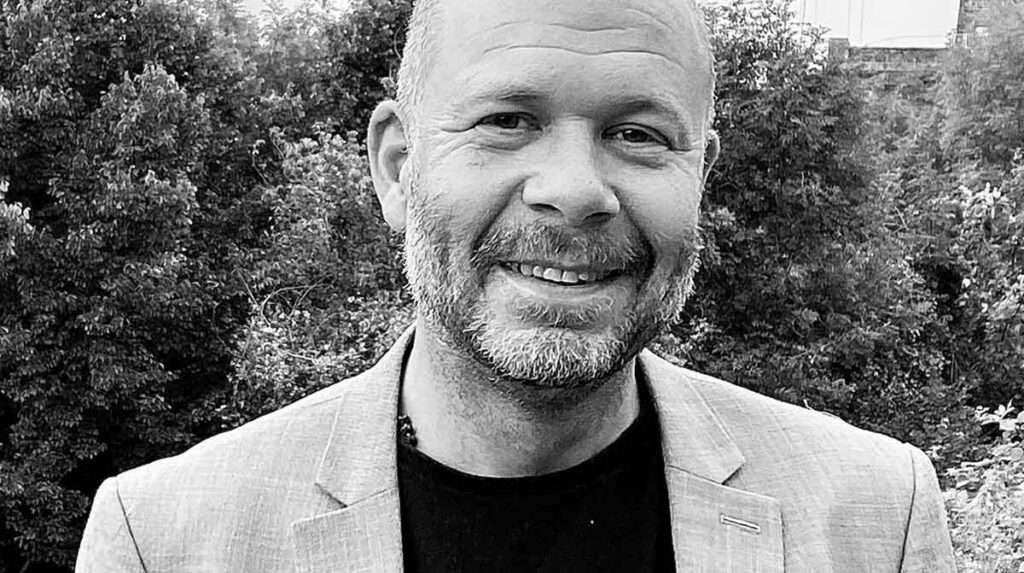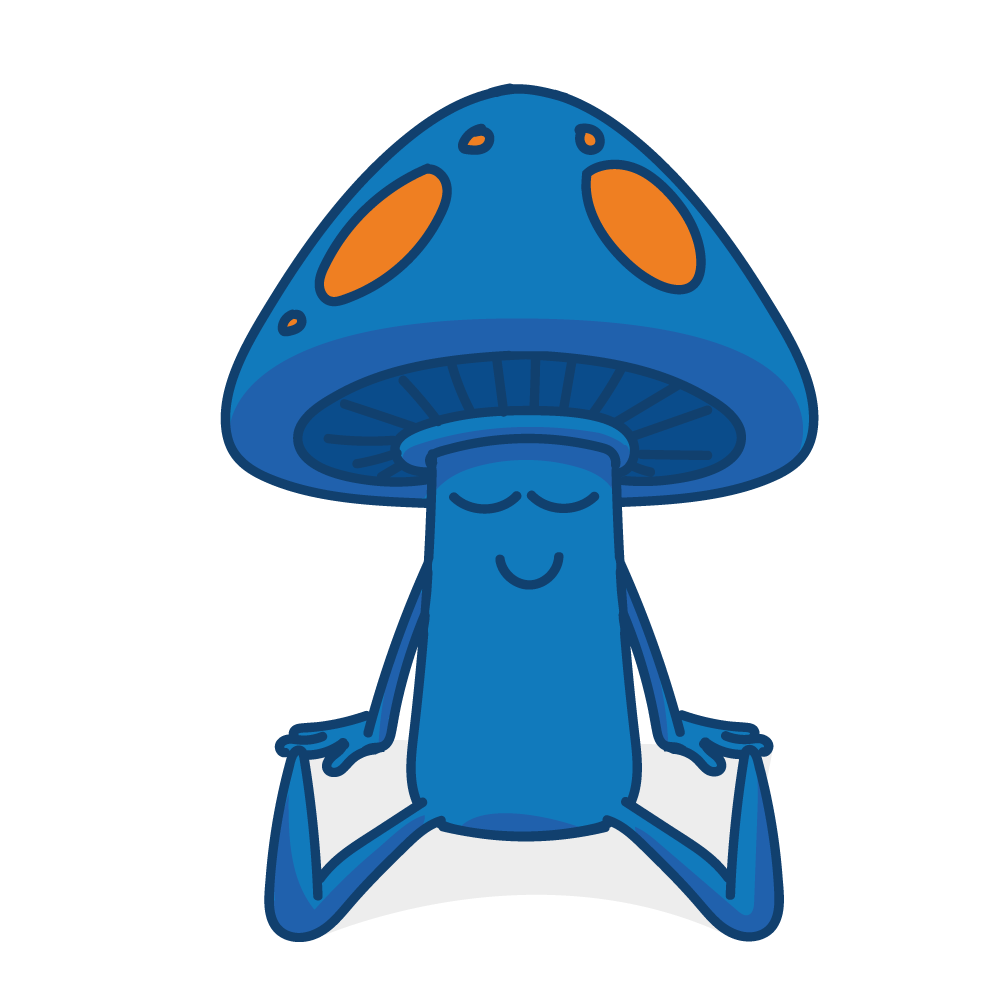It’s no surprise that people have these associations. Stereotypes persist due to strict laws and frightening anti-drug propaganda. These laws have prevented scientists from proving that psychedelics have legitimate medical use, rather than purely recreational.
MDMA, ketamine, and psilocybin have been proven to treat mental illness, from PTSD to depression, to anxiety and addiction… maybe even better than psychiatry alone ever could.
Dr. Ben Sessa, who works with MDMA-assisted psychotherapy, said:
“Psychiatry has painted itself into a corner where we don’t talk about ‘cure’, and I don’t think that’s good enough. Other branches of medicine wouldn’t accept the poor outcomes we accept in psychiatry. It’s like breaking your ankle and being prescribed paracetamol for the rest of your life.
“But with psychedelics, we can take a person in their 20s or 30s with a history of severe childhood abuse and a severe mental disorder like PTSD, and we can completely cure them and send them on their way.”
Is a radical new shift for mental health finally on the way? Can psychedelics truly treat mental illness for good?
Let’s find out!
First Legal Psychedelic Clinic
In January 2021, Dr. Sessa and his scientific team at Awakn will open the UK’s first medical psychedelic clinic in Bristol.
Their main attraction? Ketamine psychotherapy, made possible as ketamine is now a legal anaesthetic. The clinic hopes to treat 30-40 patients per month for this service.

Besides this service, Awakn will conduct research into MDMA and psilocybin (both illegal for use in psychotherapy, at least for now). By doing so, the case for legalizing psychedelics will grow stronger with solid, undeniable evidence.
They’ll also train new psychedelic therapists, as part of merging psychedelic medicine into “regular” mental healthcare.
Still not convinced? Dr. Sessa makes his case for psychedelic treatment:
“I like psychedelics because I don’t like psychiatric drugs. We’ve got a huge backlog of chronic, lifelong mental disorders that we treat with maintenance therapy. SSRIs and mood stabilizers just paper over the cracks.
“Psychedelic psychotherapy is the best pharmacology we have to treat these disorders.”
A Continuing Trend in Medicine
The new clinic in Bristol is the latest in the continuing trend of psychedelic medicine.
Just last December 17, Neo Kuma Ventures launched Britain’s first psychedelic healthcare fund — investing millions of pounds into psychedelic meds. Big Pharma just isn’t cutting it (and big-ticket investors have caught on!).
In the US, Oregon state has begun its 2-year wait to offer psychedelic psychotherapy to the mainstream by 2022. This comes after they voted YES to legalize psilocybin for therapeutic use, back in November. This same decision also decriminalized possession of all drugs in small amounts.
The States’ bold strides haven’t gone unnoticed by their tea-loving cousins, either. Professor David Nutt, the UK’s leading voice on drug reform, said:
“While we’ve done much of the research into psychedelic psychotherapy in Britain, the US is clearly ahead of us. They’re also way ahead of us with cannabis. While in the UK the government controls everything, America’s devolved healthcare means that the liberated, sensible states can vote for these changes.”
What, then, is the root cause of this delay?
Nobody Wins the War on Drugs
Professor Nutt points to a single culprit: the War on Drugs.
Useful research on psychedelic medicine + treatment was set back by at least 50 years, says Nutt, just because of an invisible war waging from the 1970’s until today:
“There is no country in the world where synthetic psychedelics are legal. This has caused about a million excess deaths a year, due to failures of being able to access medication.”

Tracy Yeung, Chief Communications Officer at COMPASS Pathways, echoes the same idea:
“There are 100 million people in the world with treatment-resistant depression — that’s a huge number. It’s a huge economic burden and burden on society, and it’s unfair that so many people currently don’t have any options.”
Largest Psilocybin Trial for Depression
To remedy this, COMPASS is currently holding the world’s largest clinical trial using psilocybin to treat depression — with 216 patients in 21 sites across Europe, Canada, and the US.
“If it’s approved, [psilocybin] gets into the system and is proved to be safe and effective for treating depression. We’re generating the evidence that can be used to get into national health systems.”
As of right now, COMPASS is in the stage of rigorous clinical trials to prove that psilocybin-assisted treatment works. Solid results will give people (and lawmakers) confidence to use psilocybin as clinical therapy.
A Cure for Trauma
Despite the fact that psychedelic-based meds for treating mental illness is still a ways off from legalization, the benefits are stacking up.
Dr. Sessa, who oversees the Bristol clinic with Professor Nutt, revealed how MDMA-assisted psychotherapy can cure alcohol addiction — which often stems from trauma.
See, traditional treatment for depression, anxiety, and PTSD include antidepressants and Cognitive Behavioral Therapy (CBT). But SSRIs only treat the symptoms of mental illness, rather than the root cause of trauma, and CBT alone is often not enough.
Psychedelics such as MDMA, ketamine, and psilocybin can help “open up” the dark cave of trauma by dissolving the ego’s defense wall. Paired with expert psychotherapy, it’s a killer combo.
Sadly, both MDMA and psilocybin are schedule 1 substances, so it’s illegal to prescribe them outside of a clinical trial. Even so, you need a Home Office license to produce, possess, or supply such drugs. This makes procuring them, even for research, very tricky.
Potential Savings for Healthcare
The language of bureaucrats is money… so if the science won’t be enough to convince them, then perhaps the potential savings for the NHS (thats the National Health Service in the UK) will?
A recent study by MAP found that if MDMA-assisted psychotherapy was made available to just 1,000 patients, then healthcare costs in the USA will be cut by $103.2 million over 30 years. So why wouldn’t the NHS be interested in making these savings too?
It all boils down to the UK’s drug prohibition laws, says Dr. Sessa:
“Drug policy is connected to our work. Prohibition relies on a substance being dangerous. But you undermine the dangerous aspect of a drug if a doctor is prescribing it.
“Our prohibition drug laws in the UK have been entirely ineffective at their job, which was to control these substances. After 50 years of prohibition, drugs haven’t gone away.
“In fact, far more people are using psychedelics now than they were in the 60s.”

“Not sure if talking therapy is always enough”
Laura How, a therapist and counsellor near Bristol, shares how adding psychedelics to talk therapy can help cure trauma — for good:
“I was in talking therapies for nearly two decades, and it was gruelling. I experienced an abusive childhood and for people who have experienced complex trauma, I’m not sure if talking therapy is always enough.
“ So I took antidepressants, but they didn’t work. But when I started taking psilocybin, I stopped getting long periods of depression. I started to feel lighter and lighter, after feeling heavy my whole life.”
But as long as it’s illegal to use psychedelics for medicine, people will continue to buy them from illegal sources… and even self-medicate, without guidance.
So why not legalize these so-called “illicit” substances, and have them administered by doctors to treat mental health issues? The psychedelic train seems to be chugging along determinedly, but only time will tell for sure.
What do you think?
Will 2021 fast-track the legalization of psychedelics in the UK — just as Oregon state enjoys at present?





